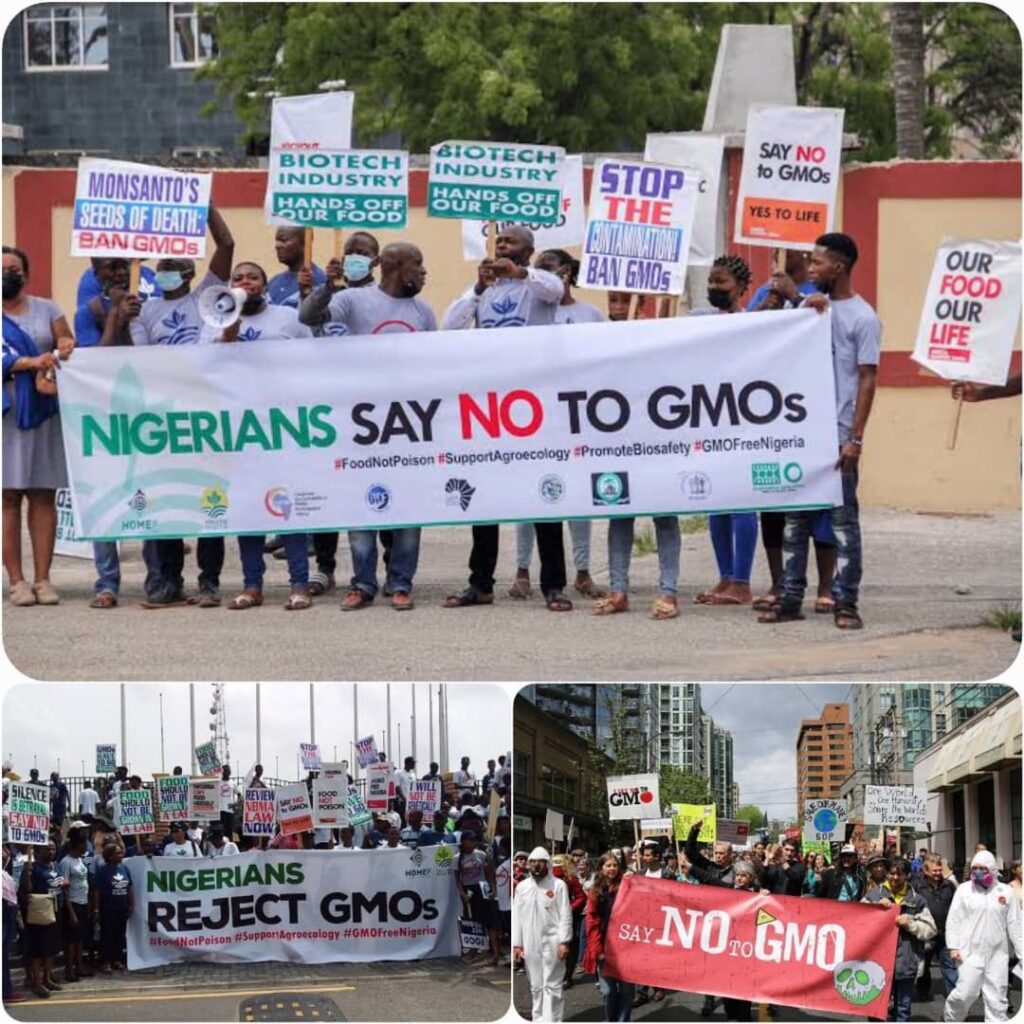Genetically Modified Organisms (GMOs) are at the center of a global debate surrounding agriculture and food security. GMO seeds are created in laboratories, where desirable traits like drought resistance or pest resilience are introduced by injecting genes from other plants. This method contrasts with hybrid seeds, which result from natural cross-pollination processes.

Global Regulations and Bans
GMO seeds and crops face diverse regulations worldwide, reflecting varied agricultural policies, cultural attitudes, and concerns about potential impacts.
1. European Union: Within the EU, GMO crops undergo rigorous safety assessments before approval for cultivation and sale. However, individual member states retain the authority to restrict or prohibit GMO cultivation, leading to limited adoption across many EU countries.
2. Japan: Japan enforces stringent GMO regulations, mandating labeling and safety assessments for GMO products. While some GMO crops are imported for animal feed, their cultivation for human consumption is restricted.
3. New Zealand: Under the Hazardous Substances and New Organisms Act, New Zealand imposes strict controls on GMO cultivation. Approval processes are stringent, ensuring thorough environmental and market evaluations before any GMO release.
4. Bhutan and Peru: Bhutan maintains a complete ban on GMOs in agriculture due to environmental and cultural concerns. Meanwhile, Peru has implemented a decade-long moratorium on GMO cultivation and production, periodically renewed since its establishment in 2011.
In Africa, there is a growing movement against GMO seeds, advocating for their rejection based on concerns about soil health and perceived threats to human health. Critics argue that GMOs could potentially harm African ecosystems and food security. However, proponents of GMO technology, including biotechnologists and geneticists, argue that these fears are unfounded and rooted in misinformation. They emphasize that GMOs undergo rigorous safety assessments and pose no inherent risk to soil fertility or human health.
Kalungi Frank, a biotechnologist and researcher with the International Institute of Tropical Agriculture (IITA), had this to say: “I certainly think the GMO opponents are people who don’t understand basic biology; there is no way a GMO crop can induce soil infertility. Soil fertility is managed by factors such as macro- and micronutrients, the soil microbiome, etc., and these have nothing to do with GMOs. Therefore, stop the misinformation.”
While Uchenna Okwuosa, a mechanical engineer and founding director at ResearchULL Inc., replied, “I lend my voice to saying no to GMOs. Nature inspires everything we do, including technology. Therefore, nature is rich enough to inspire our eating, nutrition, and health. If we want to eradicate terminal and chronic illnesses in our society, we should not change the food chemistry that affects our bodies. Altering this chemistry disrupts the body’s natural defenses and its ability to regain dominance over foreign invasions. Nature has all the answers we seek.”
Scientific consensus generally supports the safety of GMO foods available on the market today, emphasizing the importance of continued research and monitoring to ensure sustainable agricultural practices globally. As the debate continues, understanding and transparency remain crucial in navigating the complex landscape of GMO agriculture.
